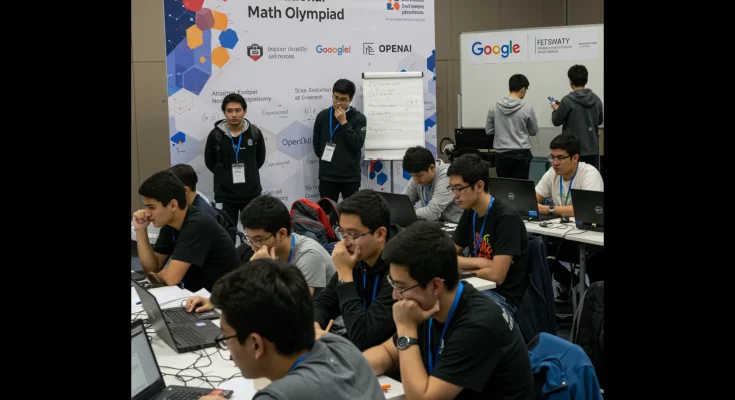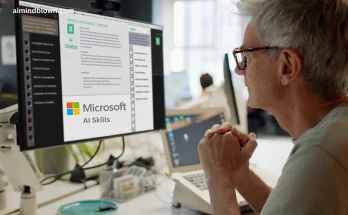Artificial Intelligence continues to push boundaries, having recently achieved a landmark victory at the International Mathematical Olympiad (IMO) held in Queensland, Australia. This significant event saw AI models developed by Google and OpenAI surpass the gold-medal threshold for the first time, showcasing their capabilities in solving complex mathematical challenges.
A Remarkable Achievement
Of the 630 students who participated in the 66th IMO, only 67 students—around 11 percent—achieved gold medal scores. This event marks a historic moment in the quest for machines capable of rivaling human intelligence in cognitive tasks.
Google and OpenAI’sAI models claimed gold medals by accurately solving five out of six problems presented in the competition. This demonstrated not only their advanced reasoning capabilities but also their ability to engage with mathematical concepts utilizing natural language rather than the formal languages traditionally employed by AI.
Expert Perspectives on AI’s Future in Mathematics
Junehyuk Jung, a mathematician at Brown University, suggests that the results indicate we might be less than a year away from AI being instrumental in tackling complex, unsolved problems in mathematics. As Jung states, “The moment we can solve hard reasoning problems in natural language will enable the potential for collaboration between AI and mathematicians.”
How AI Models Achieved Gold
OpenAI’s success stemmed from a new experimental model that emphasized test-time computation. By allowing the model to think for extended periods and harnessing parallel processing power, OpenAI could run multiple lines of reasoning at once.
Noam Brown, a researcher at OpenAI, referred to the computational resources involved as “very expensive” but noted the benefits of this method, which could see AI contributing to research in mathematics and beyond.
Google’s Approach with Gemini Deep Think
Google’s model, designated as Gemini Deep Think, has also made headlines by solving problems entirely in natural language during the official 4.5-hour competition time. This year’s participation marked a shift from previous attempts that relied heavily on lengthy computations.
AI Collaboration in Competitive Contexts
This IMO was notably the first instance where the competition collaborated formally with AI developers, both to assess the evolving capabilities of AI and to certify the results of these companies. Following the event, Google and OpenAI shared their achievements post-verification from independent experts, granting due recognition to the competing students.
Future Implications of AI’s Math Breakthrough
The implications of this achievement reach further than the competition itself. Researchers from both companies indicate that AI solutions could extend into demanding fields like physics, illustrating the transformative potential of intelligent systems in scientific inquiry.
- Enhanced reasoning capabilities could facilitate breakthroughs in research.
- Collaboration between AI and human researchers may soon become commonplace.
- AI could solve complex mathematical problems that remain unsolved.
Such advancements not only signify progress in AI but also open new avenues for using technology in academia and industry. As we look ahead, the partnership between human wit and machine intelligence may redefine various fields, offering innovative solutions and insights.
The victory of AI models at the International Mathematical Olympiad not only highlights their current capabilities but also sets the stage for their potential future roles in complex reasoning tasks. With the landscape ever-evolving, it will be fascinating to witness how these technologies contribute to advancements across different disciplines.



